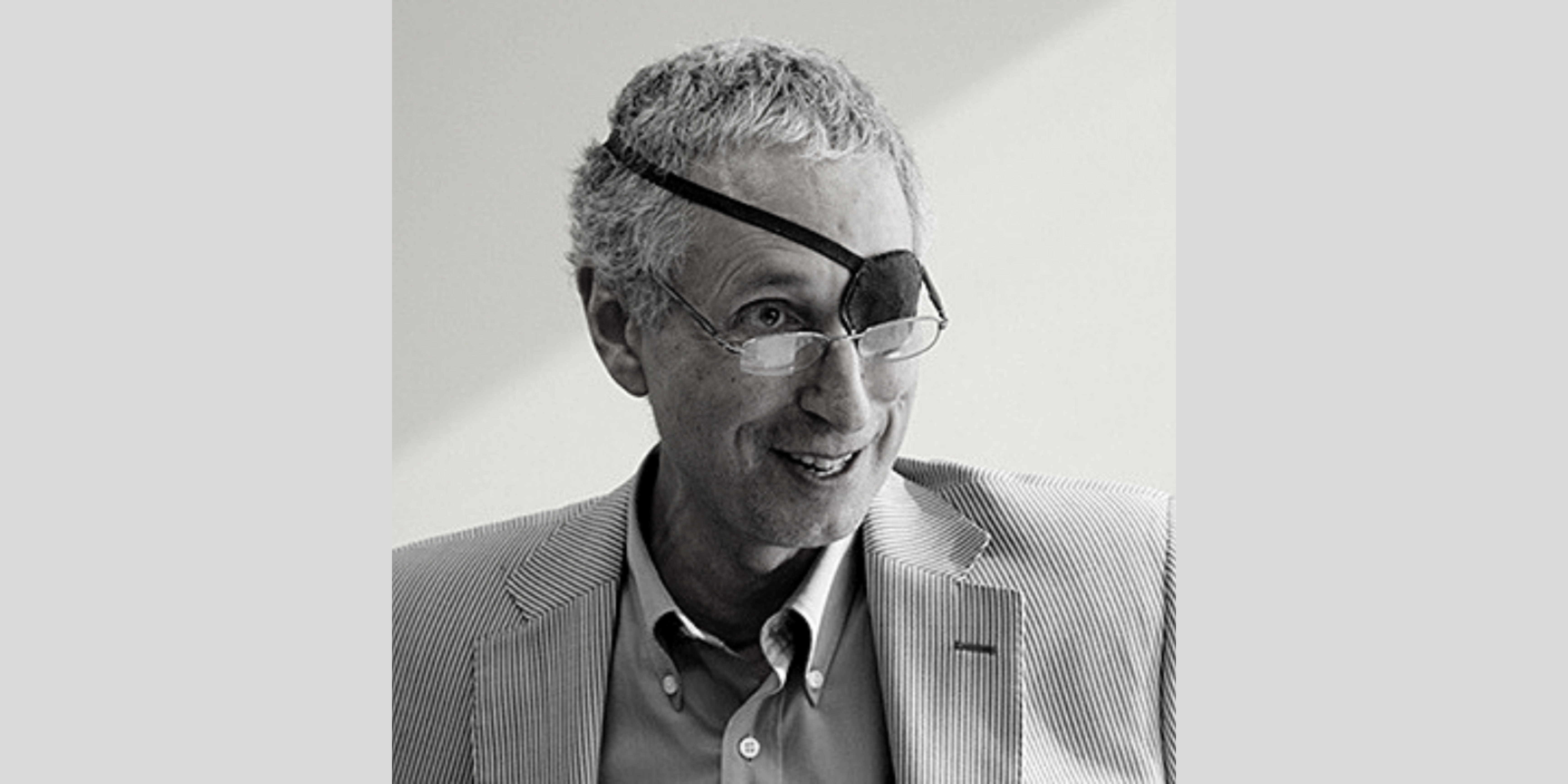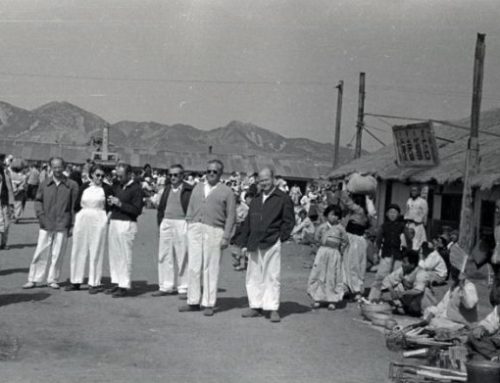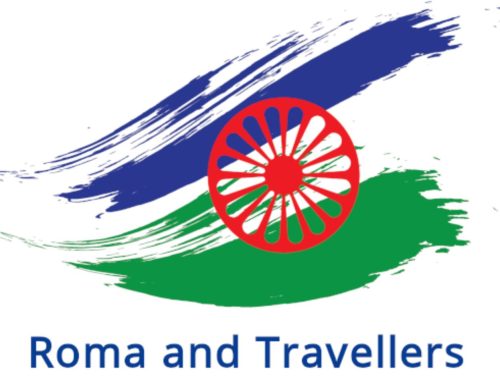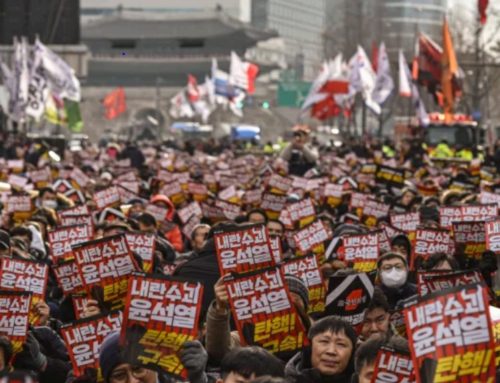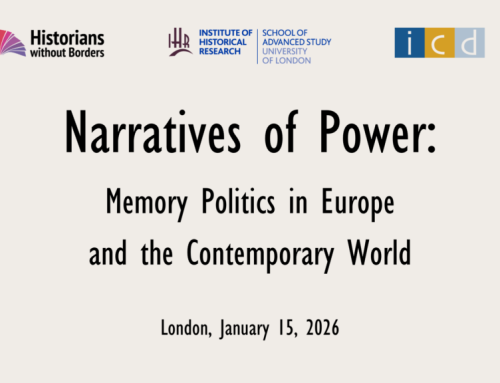In Memoriam: Peter Seixas (1947-2022)
Maria Grever
October 20th, 2022
After years of thyroid cancer, historian Peter Seixas passed away on October 9, 2022 at his home in Vancouver (Canada) in the presence of his wife Susan, two daughters and his beloved family.
Peter was a well-known and much appreciated scholar in the field of history education, historical consciousness, and historical thinking. His work inspired many researchers, and was recognized nationally and internationally. In 2001, after he was awarded a prestigious Canada Research Chair, he founded the Centre for the Study of Historical Consciousness at the University of British Columbia (UBC) in Vancouver. In that year, on August, Peter organized an international symposium with scholars from Europe, USA, Australia and Canada. This conference established for the first time an exchange of German, French and Anglo-Saxon approaches in the field of historical consciousness, theory of history, historiography and history education. This resulted in the well-known volume edited by Peter Seixas, Theorizing Historical Consciousness (Toronto: University of Toronto Press, 2004).
In 2002, I met Peter for the first time. Financed by Erasmus University, I traveled to Vancouver to meet him and talk about his fascinating research. That was a great stay. Over the years we kept in touch and I invited him to deliver a lecture during our international conference Beyond the canon in Rotterdam in 2005. The conference was part of the research grant Siep Stuurman and I received, Paradoxes of Decanonization, financed by the Netherlands Organization for Scientific Research (NWO). Unfortunately, it was during that period that he contracted cancer that prevented him from attending the conference. His lecture, “Who needs a canon”, was read. However, his text was included in the volume we published: Beyond the Canon. History for the Twenty-First Century, eds. Maria Grever and Siep Stuurman (Basingstoke: Palgrave Macmillan, 2007). In the meantime Peter’s ideas had inspired me to set up the Center for Historical Culture at Erasmus University Rotterdam.
Fortunately, Peter recovered, although he had lost his left eye as a result of the cancer. Nevertheless, he undertook all kinds of activities: he gave many lectures in Canada and abroad, published articles, supervised graduate students and PhD students, and helped other researchers in their work. His courses, seminars and supervision brought together graduate students from the UBC Faculties of Education and Arts, as well as numerous national and international scholars and graduate students.
Always active with his research, Peter Seixas conceived of and led a national initiative in Canada called “The Historical Thinking Project” (HTP) in 2006. This project was built on international scholarship in history education, but also on his own work, such as his groundbreaking article, “Historical Understanding among Adolescents in a Multicultural Setting”, Curriculum Inquiry XXIII (1993), and his report Benchmarks of Historical Thinking: a Framework for Assessment in Canada (Vancouver 2006), which was an elaboration of six historical thinking concepts. The HTP, which continued until 2014, transformed the history education landscape in Canada. Across every province and territory, curriculum developers and publishers have drawn on the HTP to reshape Social Studies and History programs of study (curriculum), textbooks, and professional learning opportunities for teachers. The framework had also a great impact on the research in history education and its practical applications in the Netherlands, Belgium, UK and other European countries. A widely used book as a result of the project is: Peter Seixas and Tom Morton, The Big Six: Historical Thinking Concepts (Toronto: Nelson Education, 2013).
In 2008, I met Peter again. In March at the AERA conference in New York, and then in October in Quebec, when I was invited to present a paper at the international conference Whose history for whose Future?, organized by the Association for Canadian Studies. There we devised the session Historical Consciousness and Cultural Identities in a Globalizing World: Changing Roles of School History? for the coming 21th International Congress of Historical Sciences (ICHS) in Amsterdam, 2010. Our session was accepted. In August 2010, Peter came to Amsterdam. Since then we met and exchanged ideas about our research at various conferences and symposia: Leuven (2010), Madrid (2012), Rotterdam (2013), New York (2015), Madrid (2015), Vancouver (2016), and again in Rotterdam (2016).
It was always special to have contact with Peter because of his warm friendship, his humor, his ability to put things into perspective, but also his constant interest in research and the changing global world of politics. He could be very critical, but also listened carefully to arguments and was able to revise his original views. He has supported my own professional development in many ways. I am very grateful that at my farewell in 2021, he gave a special tribute via an online connection right after my farewell lecture.
History education organizations, such as EuroClio, and the Center for Historical Culture at Erasmus University Rotterdam owe a lot to Peter Seixas’ work. We are building on its legacy.
Maria Grever
Em. professor Theory of History and Historical Culture, Erasmus University Rotterdam
Founding director of the Center for Historical Culture
Honorary Board Member of EuroClio

